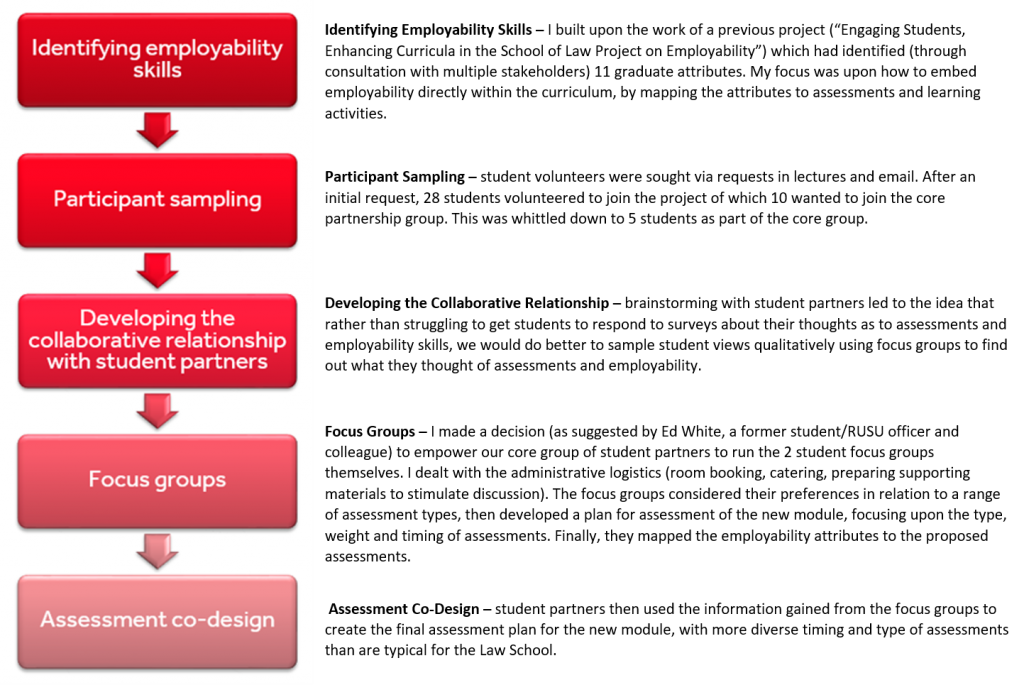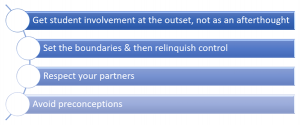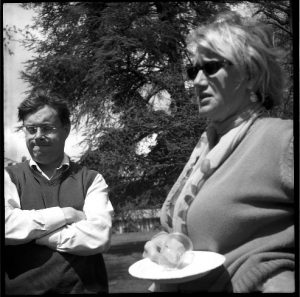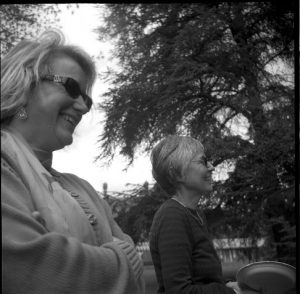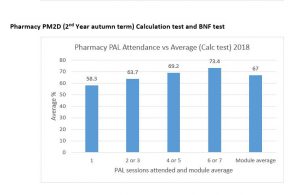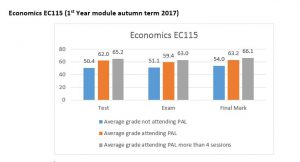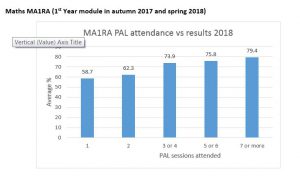Catherine Foley, Institute of Education
c.m.foley@reading.ac.uk
Overview
With interactive whiteboards becoming a well-established feature of English primary schools classrooms over the last decade, it is vital that the primary Post-Graduate Certificate of Education (PGCE) programme taught at the University of Reading’s Institute of Education prepares it graduates to be confident and competent in using interactive whiteboard technology in the classroom, including making pedagogically sound, informed decisions about when, when not, and how the interactive whiteboard can enhance learning.
Objectives
- Explore how trainees can be supported to use the interactive whiteboard in their teaching of mathematics.
- Gain an informed view of the entry- and exit-level interactive whiteboard skills and understanding of trainees to inform future programme planning.
- Ensure that the trainee voice is incorporated into developmental planning.
- Make recommendations regarding embedding the use of interactive whiteboard technology into our wider initial teacher training provision.
Implementation
Initial data collection was conducted through a questionnaire, which was administered towards the end of the trainees’ first week on the programme. This questionnaire was used to gather data on skills and competencies with regards interactive whiteboard technology.
The results of the initial questionnaire revealed that trainees on the programme generally had little or no experience of using interactive whiteboard technology, and that confidence levels for using the interactive whiteboard for general teaching and learning, and specifically within mathematics lessons, were low. The questionnaire had also asked trainees to rank statements in order to indicate the most important to meet their needs. The most preferred statement was that trainees would like support for the skills of how to use an interactive whiteboard. Second was that the use of the interactive whiteboard for teaching and learning be modelled within sessions.
On the basis of the questionnaire results, the following action plan was discussed and agreed with the programme director:
- Modelling of interactive whiteboard use throughout taught mathematics sessions. Where interactive whiteboard use was modelled, the ‘stepping out’ technique, as described in Lunenberg et al., was used explicitly to focus trainee’ attention on how the interactive whiteboard has been used, and more importantly, why and to what effect.
- Optional workshops during free-time within Autumn and Spring Terms. These were aimed to ensure a basic level of skills, tied in with the interactive functions most likely to have an impact. These workshops were limited to 10 trainees, to allow greater access to the interactive whiteboard and less pressure on ‘getting it right’. The skills addressed during these workshops were based on a combination of student requests, the experience of the project leader, and those outlined in Beauchamp and Parkinson.
- Provision for peer sharing of resources created on school experience later in the programme. In workshops, trainees who had developed interactive whiteboard skills while on placement were invited to share their expertise with other trainees.
- Opportunities for peer modelling within starter activities. Trainees were encouraged to use the interactive whiteboard where appropriate in the presentation of starter activities to their peers, which occurs on a rolling programme throughout the module.
At the end of the module a follow-up questionnaire was administered. This contained a mixture of identical questions to the initial questionnaire, to allow comparison with the results that were gained at the beginning of the programme, and items designed to evaluate the different forms of support that had been provided.
Reflections
Trainees had, by the conclusion of the module, improved their experience with the use of interactive whiteboards, their confidence in doing so, their preparedness to use interactive whiteboard technology for the teaching of mathematics, and increased the level of skill they possessed in writing, manipulating shapes or images, and inserting children’s work or photographs.
It was possible as a result of the project to make the following recommendations for the Institute of Education, which may be useful for related subjects across the University of Reading:
- If staff are expected to integrate modelling of appropriate use of interactive whiteboards into their practice, they will need both technical and peer support in order to develop their own confidence. This could be tackled through teaching and learning seminars, practical workshops, software provision and technician time, in much the same way as the project itself supported trainees.
- Some of the technical skills could be integrated into ICT modules, allowing subject modules to focus on the most effective pedagogy within their subject.
- Primary programmes could consider some kind of formative collaborative tasks to develop and review interactive whiteboard-based activities within subject areas.
- The interactive whiteboard provisions in schools could be audited in order to ensure that the Institute of Education’s software and hardware provision is appropriately matched to what trainees will encounter, and incorporated a request for supervising students to comment on their tutees’ interactive whiteboard use as a quality assurance check.
- Time support so that trainees reach a basic level of confidence with the use of interactive whiteboard technology before their first school placement.
Links and Resources
Mieke Lunenberg, Fred Korthagen, and Anja Swennen (2007): The teacher educator as role model. Teaching and Teacher Education, 23 (5)
Gary Beauchamp and John Parkinson (2005): Beyond the ‘wow’ factor: developing interactivity with the interactive whiteboard. School Science Review, 86 (316)
